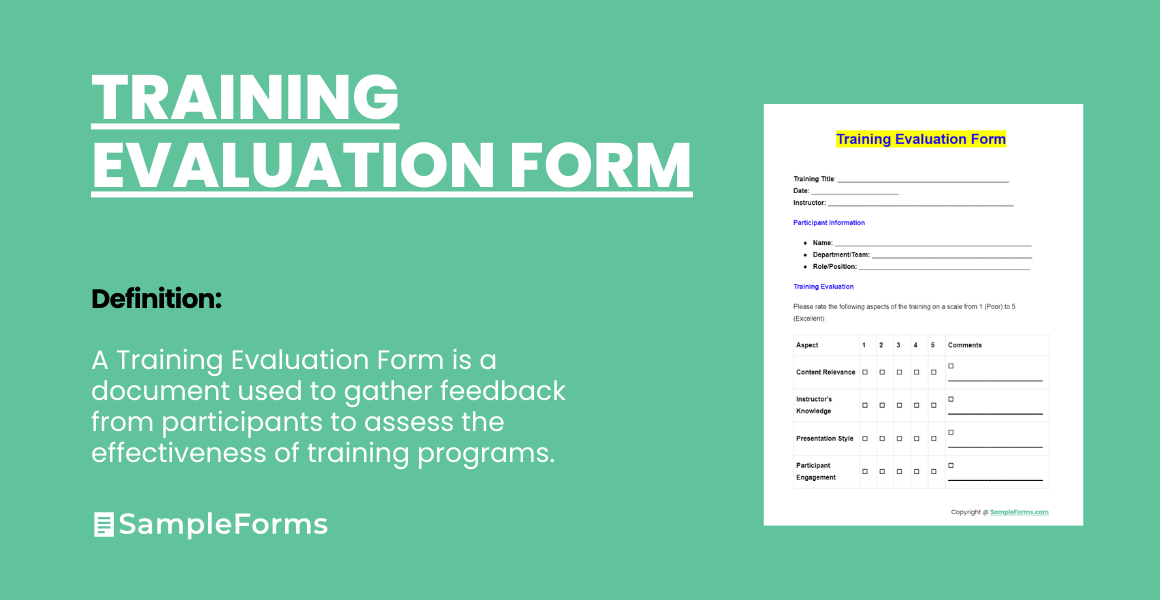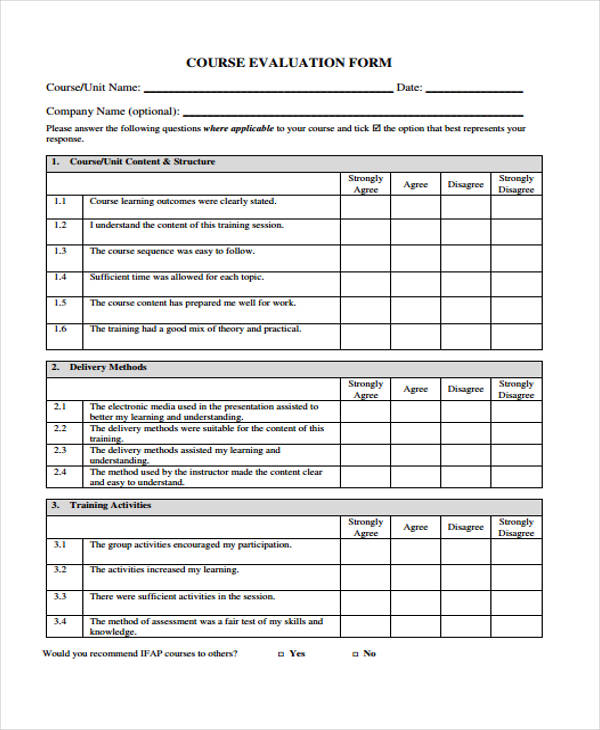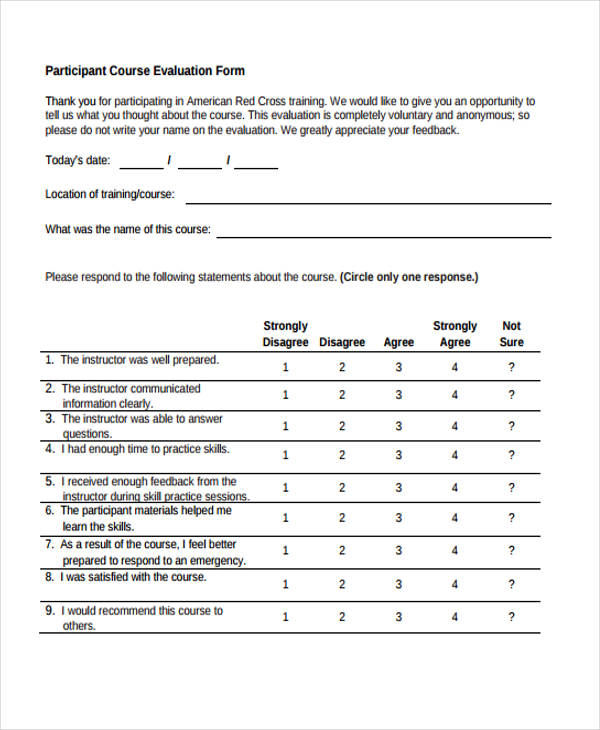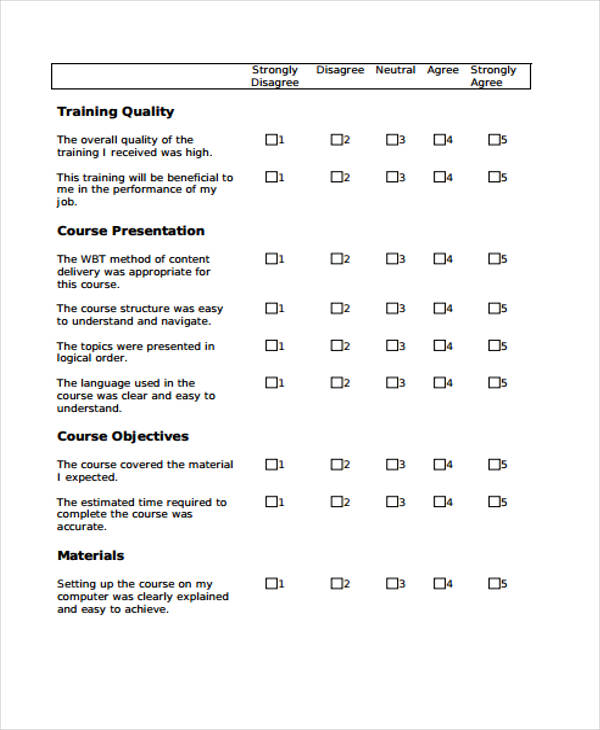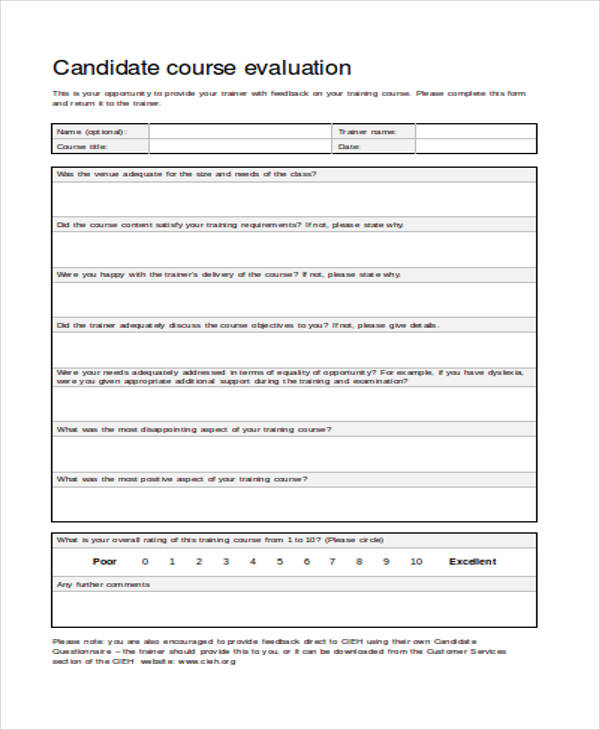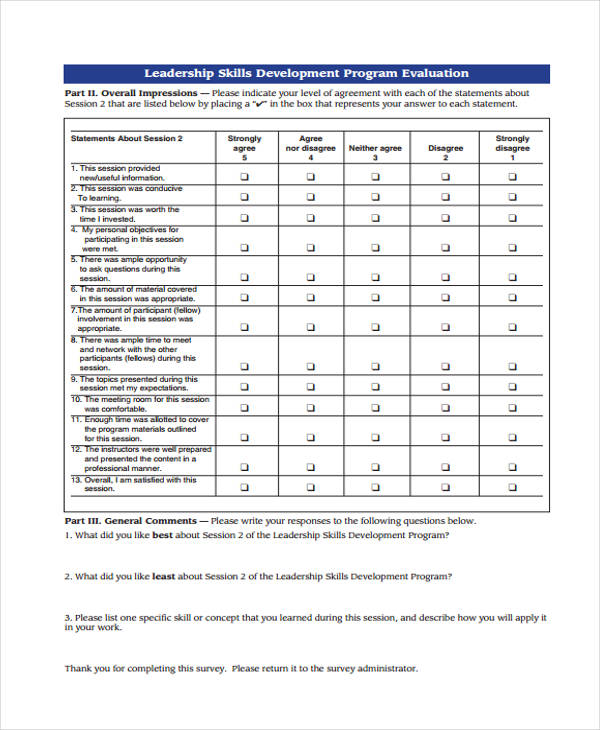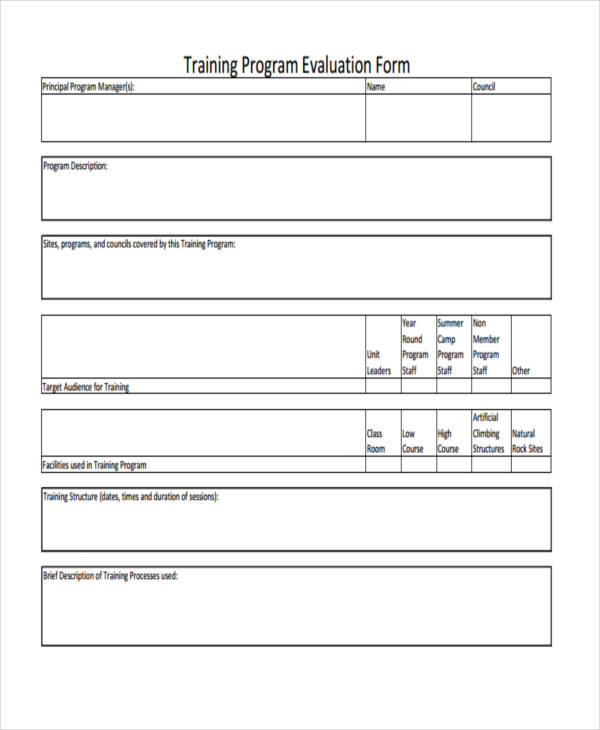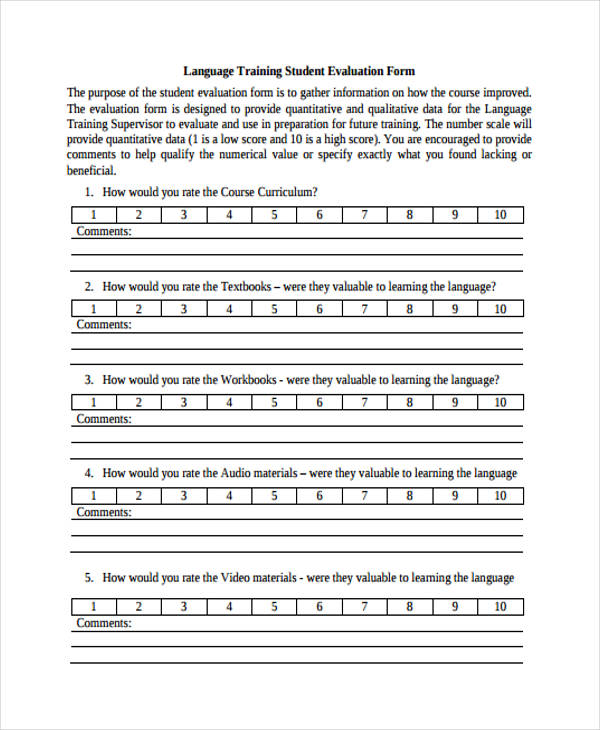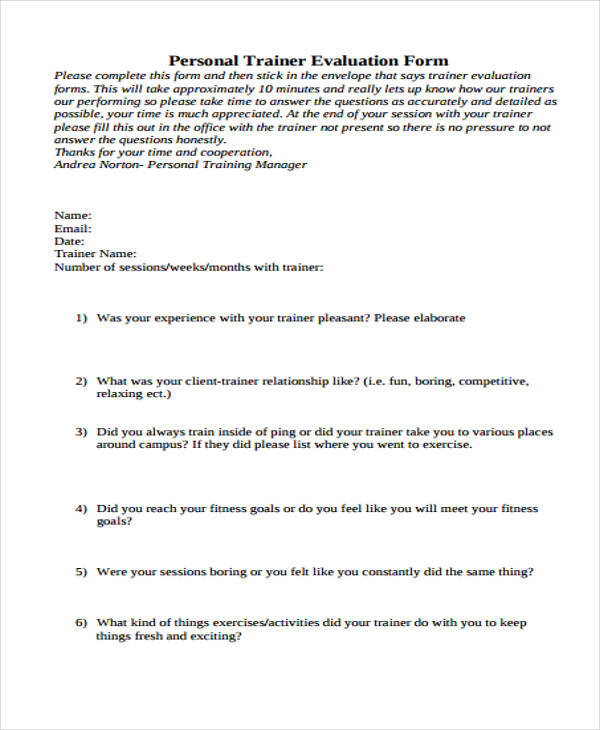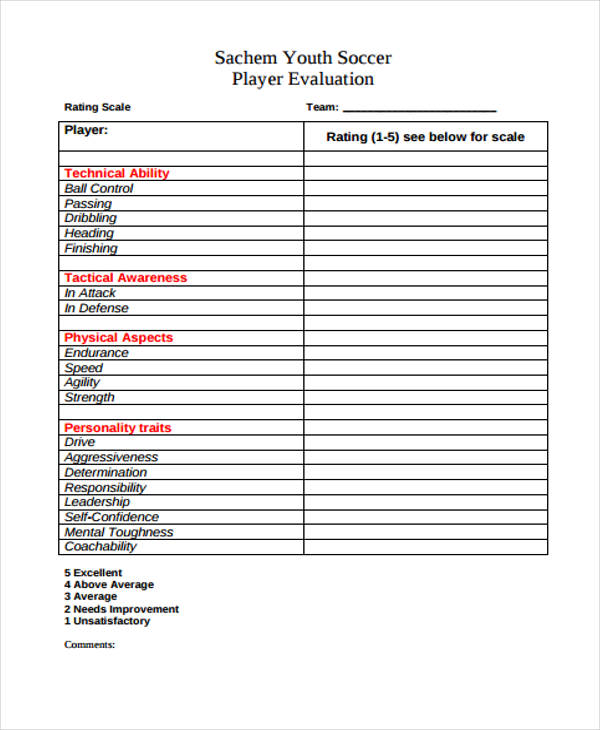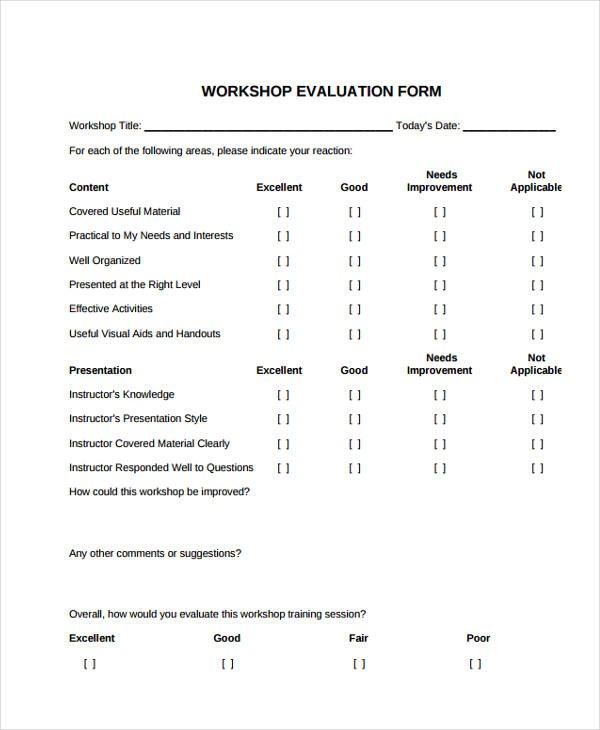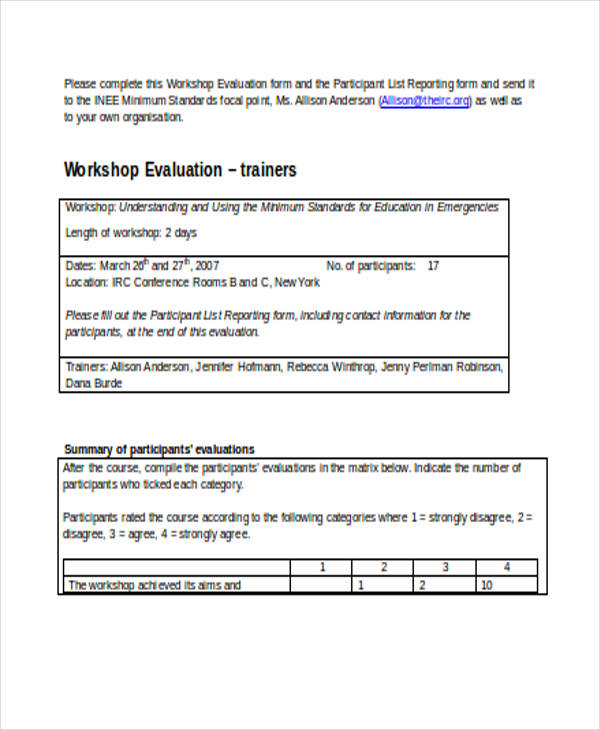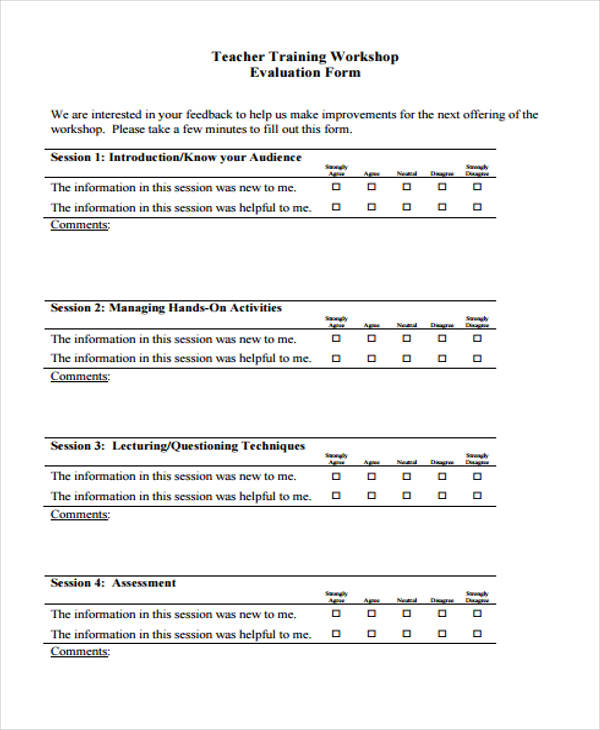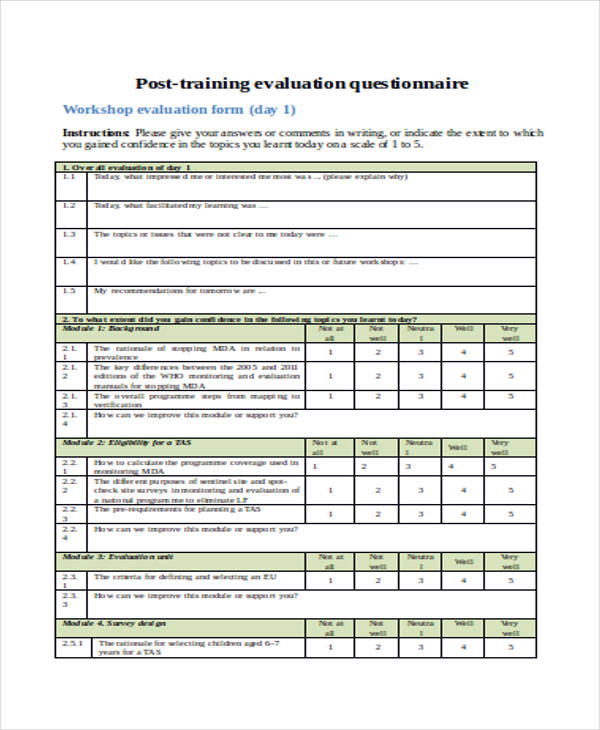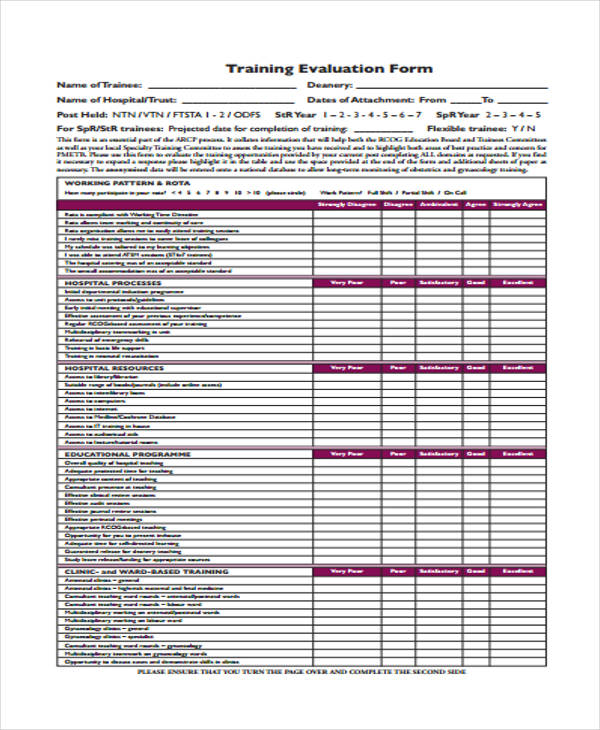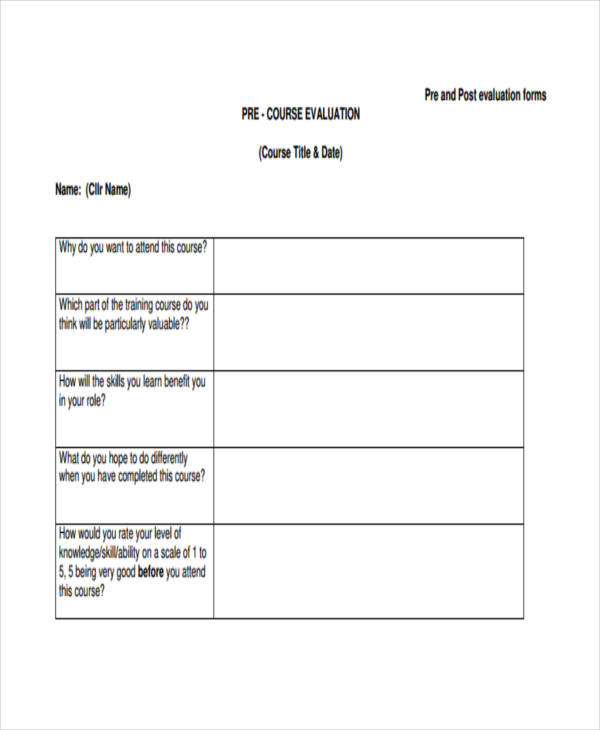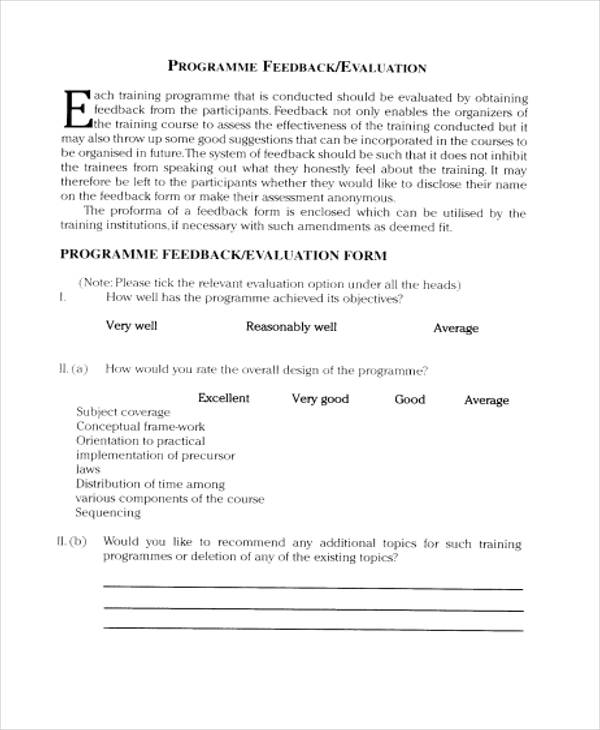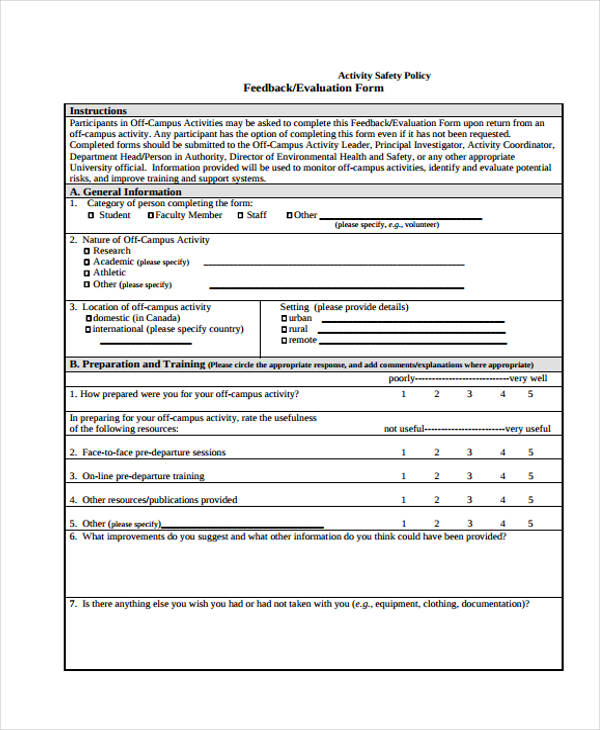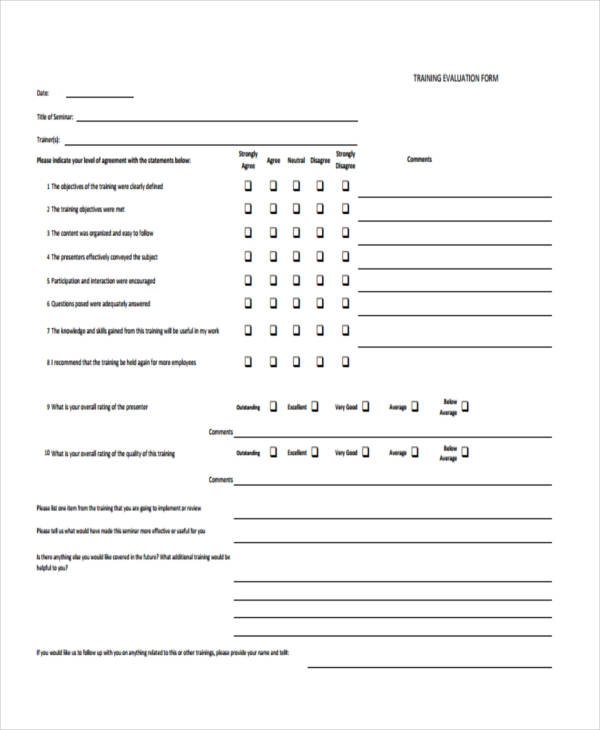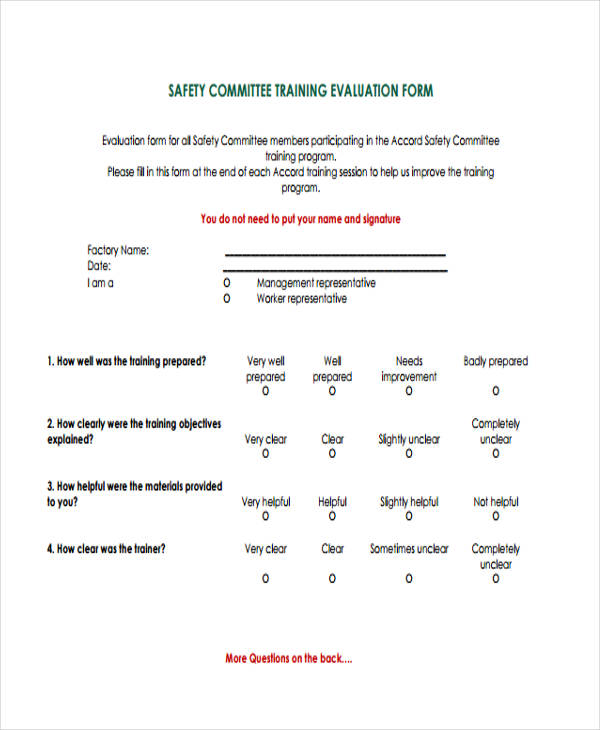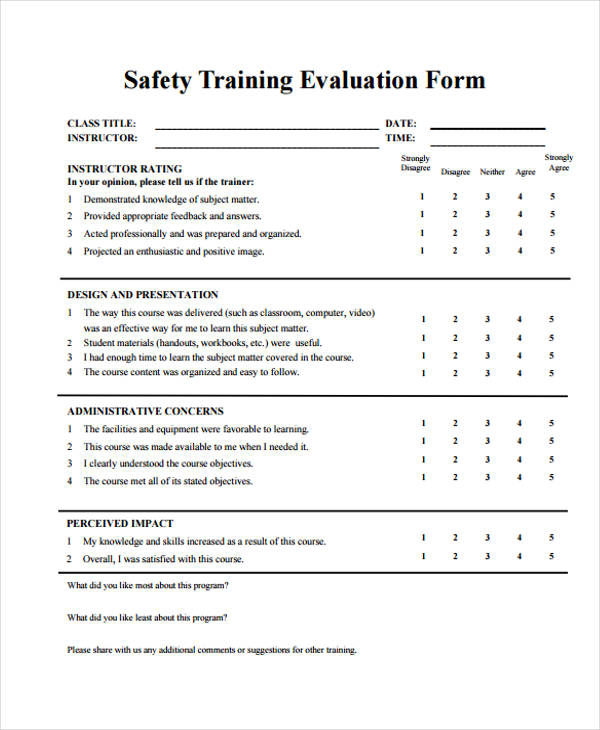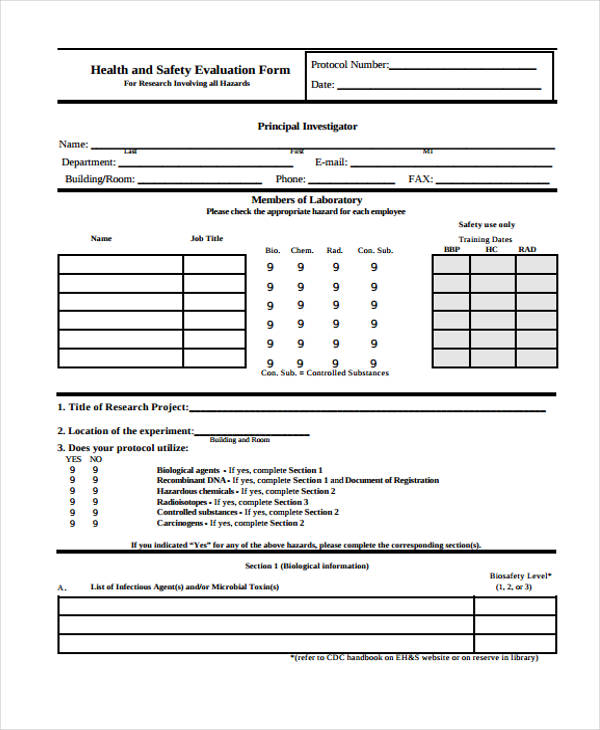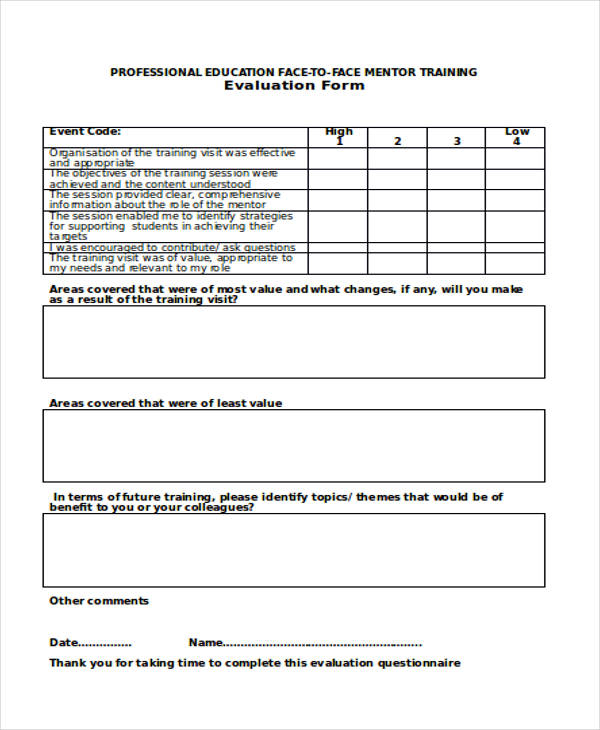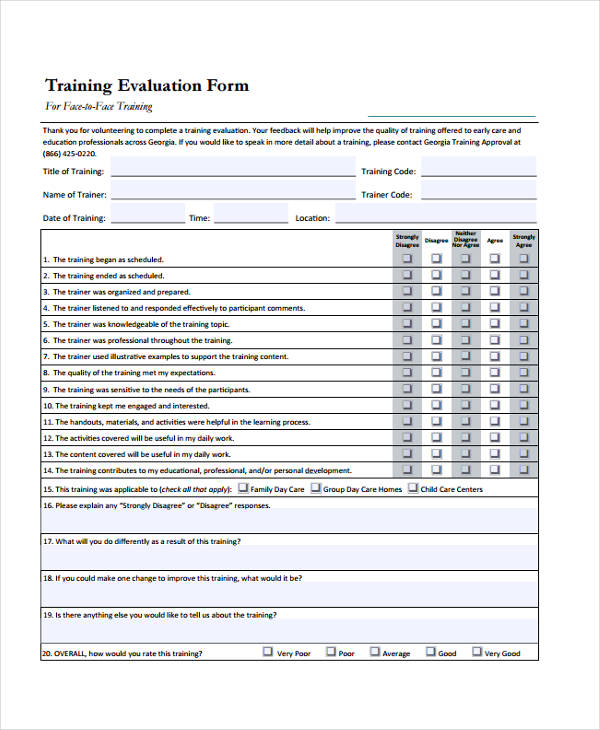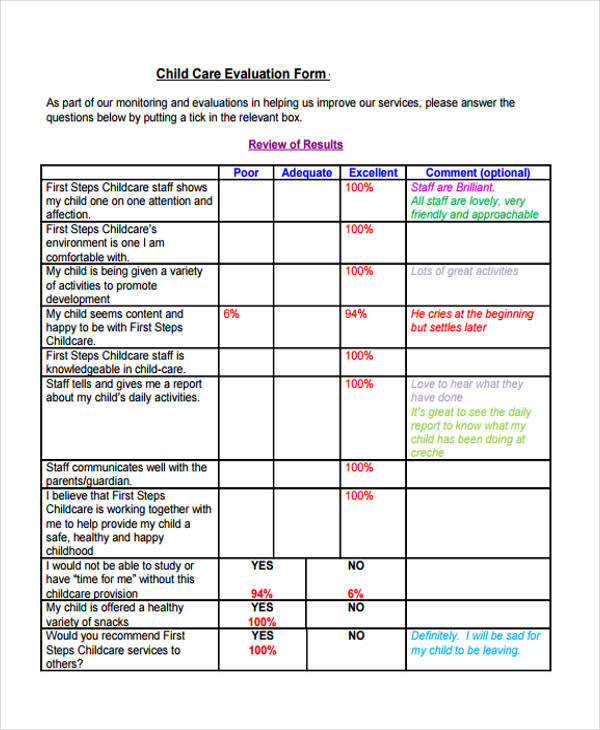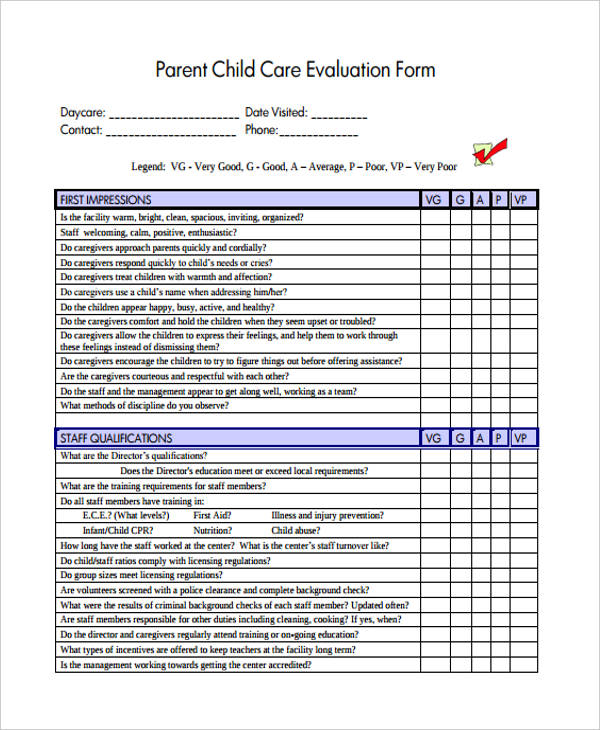Dive into our extensive guide on Training Evaluation Forms, a pivotal tool for assessing and enhancing employee performance and learning outcomes. These forms are not just documents but pathways to understanding the effectiveness of your training programs. Incorporating elements from both the Training Form and Evaluation Form we will explore how to craft forms that offer insightful feedback and foster an environment of continuous improvement. Whether you’re a seasoned HR professional or new to employee training will equip you with the knowledge to create impactful evaluations.
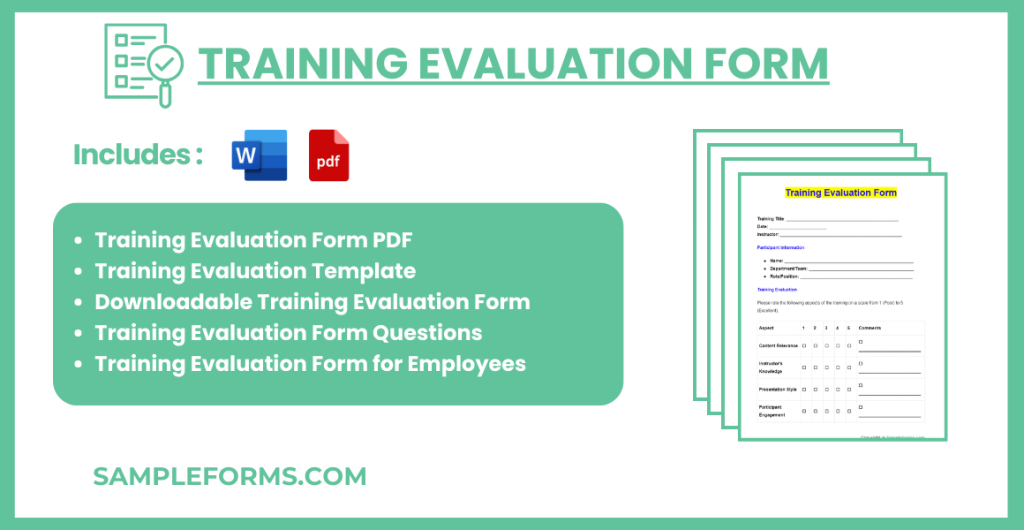
Download Training Evaluation Form Bundle
What is a Training Evaluation Form?
A Training Evaluation Form is a structured document used by organizations to gather feedback on training sessions from participants. It aims to assess the effectiveness of the training program, measuring how well it met its objectives, the quality of the content, the instructor’s performance, and the overall satisfaction of the attendees. This feedback is crucial for identifying strengths and areas for improvement in training initiatives, ensuring that future sessions are better tailored to meet employees’ needs and enhance their skills effectively.
What is the best Sample Training Evaluation Form?
The best Sample Training Evaluation Form typically includes the following sections:
Training Evaluation Form
Title of Training Program: [Training Title]
Date: [Date of Training]
Instructor’s Name: [Instructor’s Name]
Section 1: Participant Information
- Name: [Participant’s Name]
- Department/Team: [Participant’s Department or Team]
- Role/Position: [Participant’s Job Title]
Section 2: Training Content
- Relevance of the Content:
- Highly Relevant
- Somewhat Relevant
- Not Relevant
- Clarity and Organization of Material:
- Very Clear and Well Organized
- Somewhat Clear and Organized
- Not Clear or Organized
- Usefulness of Training Material:
- Extremely Useful
- Somewhat Useful
- Not Useful
Section 3: Trainer Evaluation
- Knowledge and Expertise of Trainer:
- Highly Knowledgeable
- Adequately Knowledgeable
- Lacks Knowledge
- Ability to Engage Participants:
- Highly Engaging
- Somewhat Engaging
- Not Engaging
- Clarity of Communication:
- Very Clear
- Somewhat Clear
- Not Clear
Section 4: Overall Experience
- Overall Satisfaction with the Training:
- Very Satisfied
- Satisfied
- Dissatisfied
- Would you recommend this training to others?
- Yes
- No
- Suggestions for Improvement:
- [Open Text Field for Comments]
Section 5: Future Training Needs
- Topics of Interest for Future Training:
- [Open Text Field for Suggestions]
Signature of Participant: _______________________
Date: _______________________
This Fillable Form can be customized to fit specific training needs and objectives. It’s designed to provide comprehensive feedback, allowing for continuous improvement in training programs.
Training Evaluation Form Format
-
Header
- Form Title: Training Evaluation Form
- Date of Training:
- Instructor’s Name:
- Training Session Title:
-
Participant Information
- Name:
- Department:
- Job Title:
- Date of Evaluation:
-
Training Session Evaluation
- Objectives Met: Rate how well the training met its objectives (Scale 1-5).
- Content Quality: Assess the relevance and usefulness of the content (Scale 1-5).
- Instructor Effectiveness: Evaluate the instructor’s ability to engage and explain (Scale 1-5).
- Participation and Interaction: Rate the opportunities for participation and interaction (Scale 1-5).
- Materials and Resources: Evaluate the quality and usefulness of training materials (Scale 1-5).
- Learning Environment: Assess the conduciveness of the environment for learning (Scale 1-5).
-
Application of Knowledge
- Skills Application: How likely are you to apply the knowledge gained? (Scale 1-5)
- Implementation Plan: Briefly describe how you plan to implement the skills learned.
-
Overall Satisfaction
- Rate your overall satisfaction with the training session (Scale 1-5).
-
Open Feedback
- Strengths: What did you find most valuable about the training?
- Areas for Improvement: Suggestions for improving future training sessions.
- Additional Comments: Any other feedback or comments.
-
Consent for Follow-Up
- Follow-Up Permission: May we contact you for further feedback? (Yes/No)
- Contact Information (If “Yes”): _________________________
Signature of Participant: Date:
Training Evaluation Form PDF, Word, Google Docs
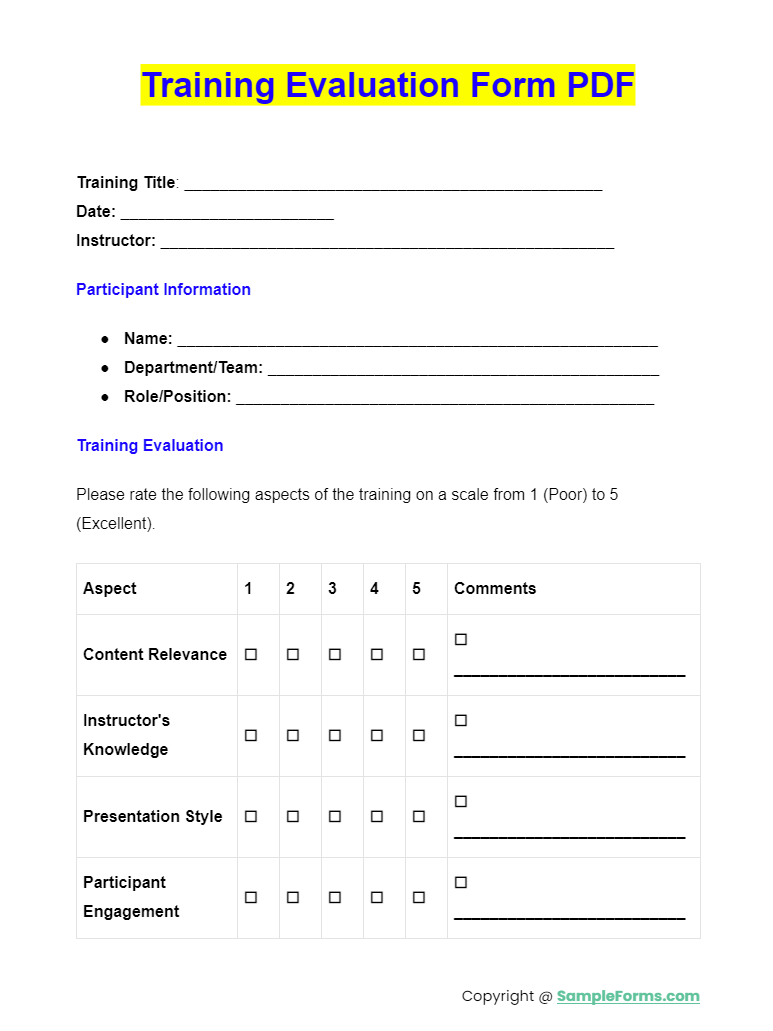
Our Training Evaluation Form PDF integrates the Training Needs Assessment Form and Training Agreement Form, offering a comprehensive tool to assess training effectiveness and align learning objectives with organizational goals. Ideal for streamlined, efficient evaluation processes.
Training Evaluation Template
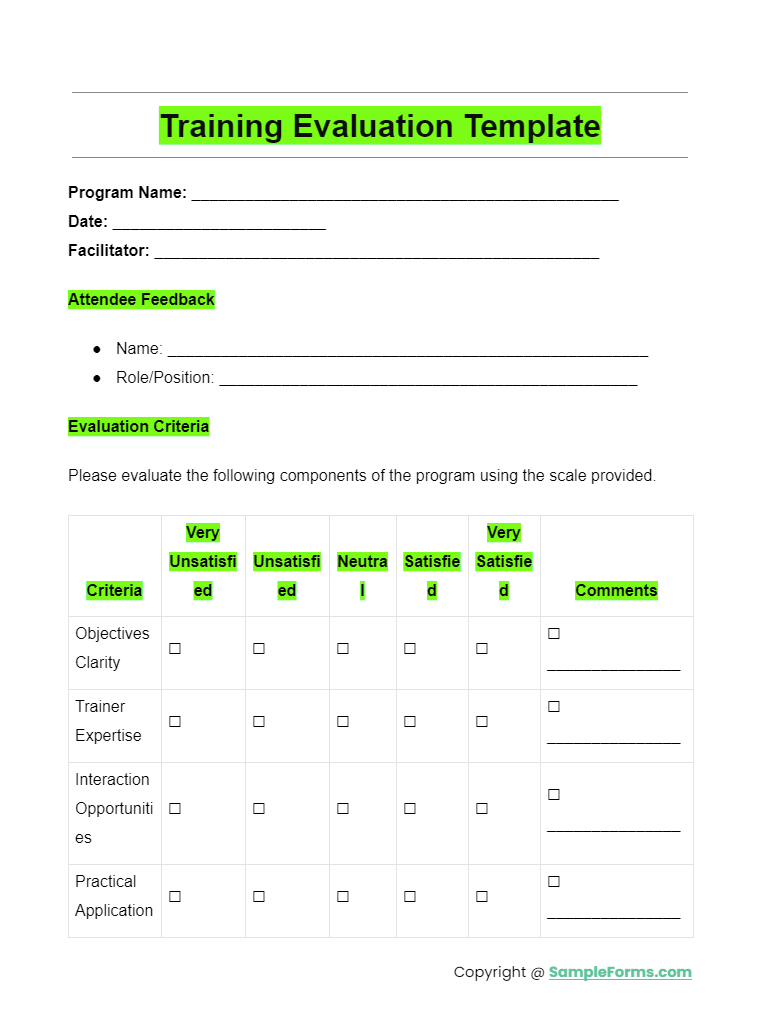
The Training Evaluation Template features the Training Review Form and Pre-Training Assessment Form, facilitating thorough preparation and reflective analysis of training sessions. This template is designed to enhance learning outcomes and training efficiency.
Downloadable Training Evaluation Form
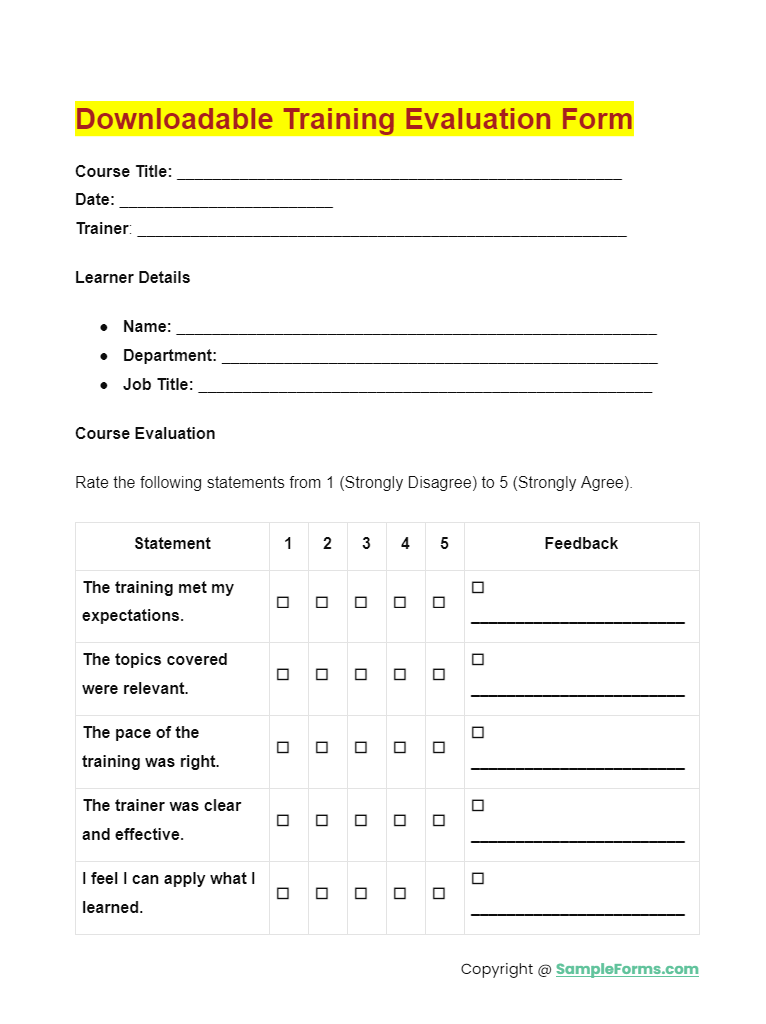
Our Downloadable Training Evaluation Form includes the Training Acknowledgment Form and Training Application Form, making it a versatile resource for confirming participation and tailoring training programs to specific needs and goals.
Training Evaluation Form Questions
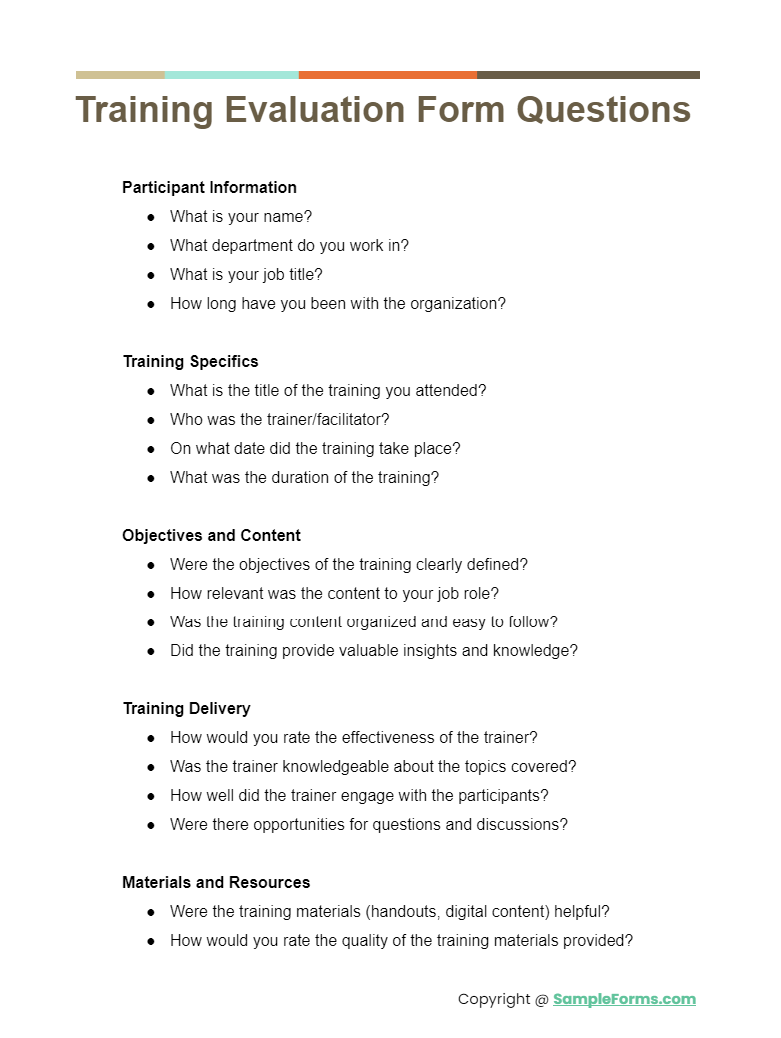
Incorporating Personal Training Assessment Form and Training Assessment Form, our guide on Training Evaluation Form Questions helps in crafting targeted inquiries that gauge the effectiveness of training, ensuring personalized development and measurable outcomes.
Training Evaluation Form for Employees
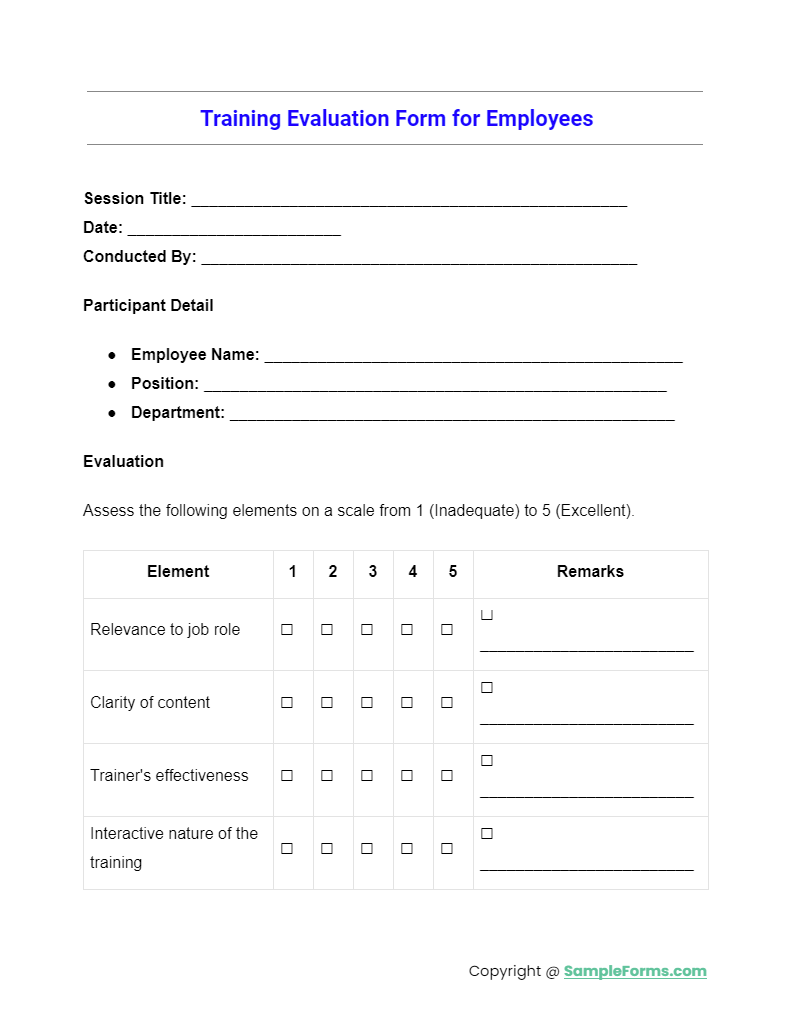
Our Training Evaluation Form for Employees integrates the Employee Evaluation Form and Training Feedback Form, offering a dual approach to assessing training impact on employee performance and gathering actionable insights for future sessions.
More Training Evaluation Forms Samples
Training Course Evaluation Forms
Example for Training Course Evaluation
Participant Course Evaluation
Web Based Training Course Evaluation
Candidate Course Evaluation in Word
Training Program Evaluation Forms
Leadership Skills Development Program Evaluation
Training Program Evaluation in PDF
Language Training Student Evaluation
Training Session Evaluation Forms
Personal Trainer Evaluation
Downloadable Soccer Player Evaluation
Training Workshop Evaluation Forms
Sample Workshop Evaluation
Workshop Evaluation – Trainers
Teacher Training Workshop Evaluation
Post-Training Evaluation Forms
Post-Training Evaluation Questionnaire
Post-Education Training Evaluation
Pre and Post Evaluation Format
Training Evaluation Feedback Forms
Programme Feedback/Evaluation
Safety Training Feedback/Evaluation
Effectiveness Training Evaluation Forms
Training Effectiveness Evaluation
Training Evaluation Form in PDF
Safety Training Evaluation Forms
Safety Committee Training Evaluation
Safety Training Evaluation Form
Health Safety Training Evaluation
Face-to-Face Training Evaluation Forms
Face-to-Face Mentor Training Evaluation
Developing Face-to-Face Training Evaluation
Child Evaluation Forms
Child Care Evaluation
Parent Child Care Evaluation
Different Types of Training Evaluation Forms
| Type of Training Evaluation Form | Description |
|---|---|
| Pre-Training Evaluation Form | Used to assess participants’ knowledge and skills before the training, helping tailor content to their needs. |
| Post-Training Evaluation Form | Filled out after the training to evaluate its effectiveness, including content, trainer performance, and participant engagement. |
| 360-Degree Feedback Form | Collects feedback from multiple sources (e.g., peers, subordinates, supervisors) to provide a comprehensive view of the training’s impact. |
| Skills Assessment Form | Measures the improvement in skills and knowledge of participants before and after the training. |
| Training Satisfaction Form | Focuses on participants’ satisfaction with various aspects of the training, such as venue, materials, and presentation. |
| Follow-Up Evaluation Form | Sent weeks or months after training to assess the long-term impact and implementation of skills learned. |
| Instructor Evaluation Form | Specifically targets the performance of the trainer, including teaching style, knowledge, and interaction with participants. |
| Online Training Evaluation Form | Designed for virtual training sessions, evaluating aspects like technology use, online engagement, and content delivery. |
| Training Needs Assessment Form | Used to identify future training needs and areas for development among participants. |
Each type of form serves a unique purpose in evaluating different aspects of training programs, ensuring they meet the intended objectives and contribute to continuous learning and improvement. You may also be interested in our Employee Performance Evaluation Form and Interview Evaluation Form.
How to Fill up Training Evaluations
If you plan on filling up training evaluation forms, you have to make sure you place in the following information:
- Your complete name
- The type of training that you participated in
- The date of when the training commenced and when it ended
- The name of the trainer or the company sponsoring the training
If you’re the trainer and you wish to evaluate your participants, then all you’ll require are the participants personal information and the date they started and ended. You also browse our Course Evaluation Form and Volunteer Evaluation Form.
Once all of that information is properly placed, you may then begin rating the different aspects of the training or the performance of the participants. You also browse our Food Sensory Evaluation Form and Presentation Evaluation Form.
The Importance of Training Evaluation Forms
The point of making and filling up all of training evaluation forms are so that participants are able to assess how well the any kind of training went. It lets them rate what aspects of the training they found useful, which could use some work, and which one of them they could do without.
For example, you participated in a physical training course. While taking part in it, you’ve felt that the instructor was unclear as to what he was doing or his instructions and that the training has little to no effect on your physical shape. You can then use these forms to provide the proper feedback on how the training went. This can help make sure that problems like these do not happen again and improve future training sessions. You should also take a look at our Speech Evaluation Form and Supplier Evaluation Form.
These aren’t just for the participants to use, they’re also used by the people holding the training. It allows them to see which of the people taking part in their program, sessions or course are having trouble. They can then decide on what to act to ensure that these people develop the skills and abilities that they signed up for the training.
If you need any kind of training evaluation form, then we have them here for you to download and use. You may also see Functional Capacity Evaluation Form and Food Evaluation Form.
What is the purpose of the Training Effectiveness Evaluation Form?
Related Posts
-
FREE 6+ Business Credit Checklist Forms in PDF
-
Employee Pay Increase Form
-
Chef Evaluation Form
-
FREE 8+ Kitchen Evaluation Forms in PDF | MS Word
-
Customer Service Evaluation Form
-
FREE 15+ Grant Evaluation Forms in PDF | MS Word
-
FREE 14+ Volunteer Evaluation Forms in PDF
-
Mentee Evaluation Form
-
Speaker Evaluation Form
-
FREE 14+ Vehicle Evaluation Forms in PDF
-
FREE 14+ Trainee Evaluation Forms in MS Word | PDF
-
Resume Evaluation Form
-
FREE 14+ Retreat Evaluation Forms in PDF
-
Debate Evaluation Form
-
FREE 14+ Book Evaluation Forms in PDF | MS Word
